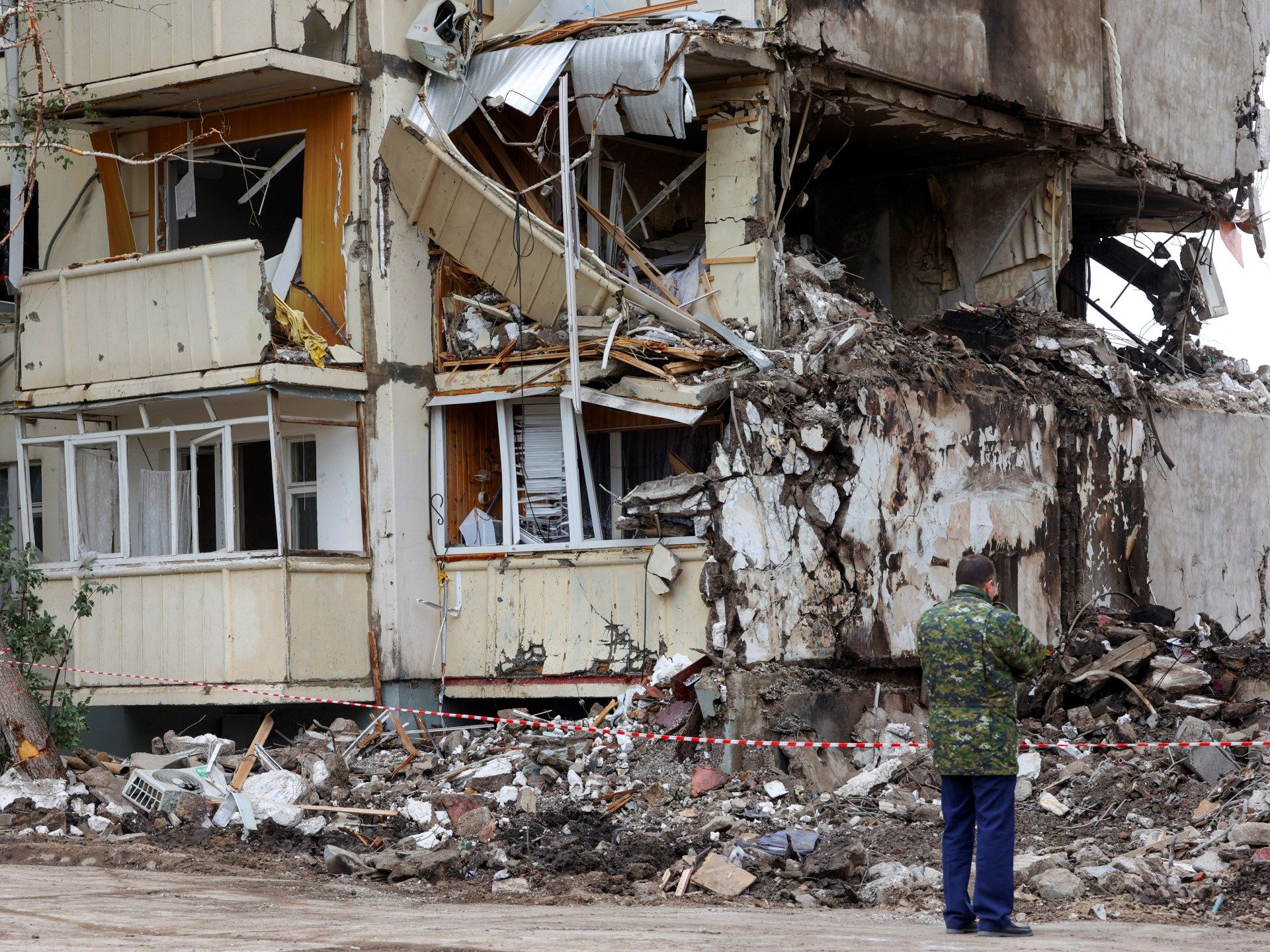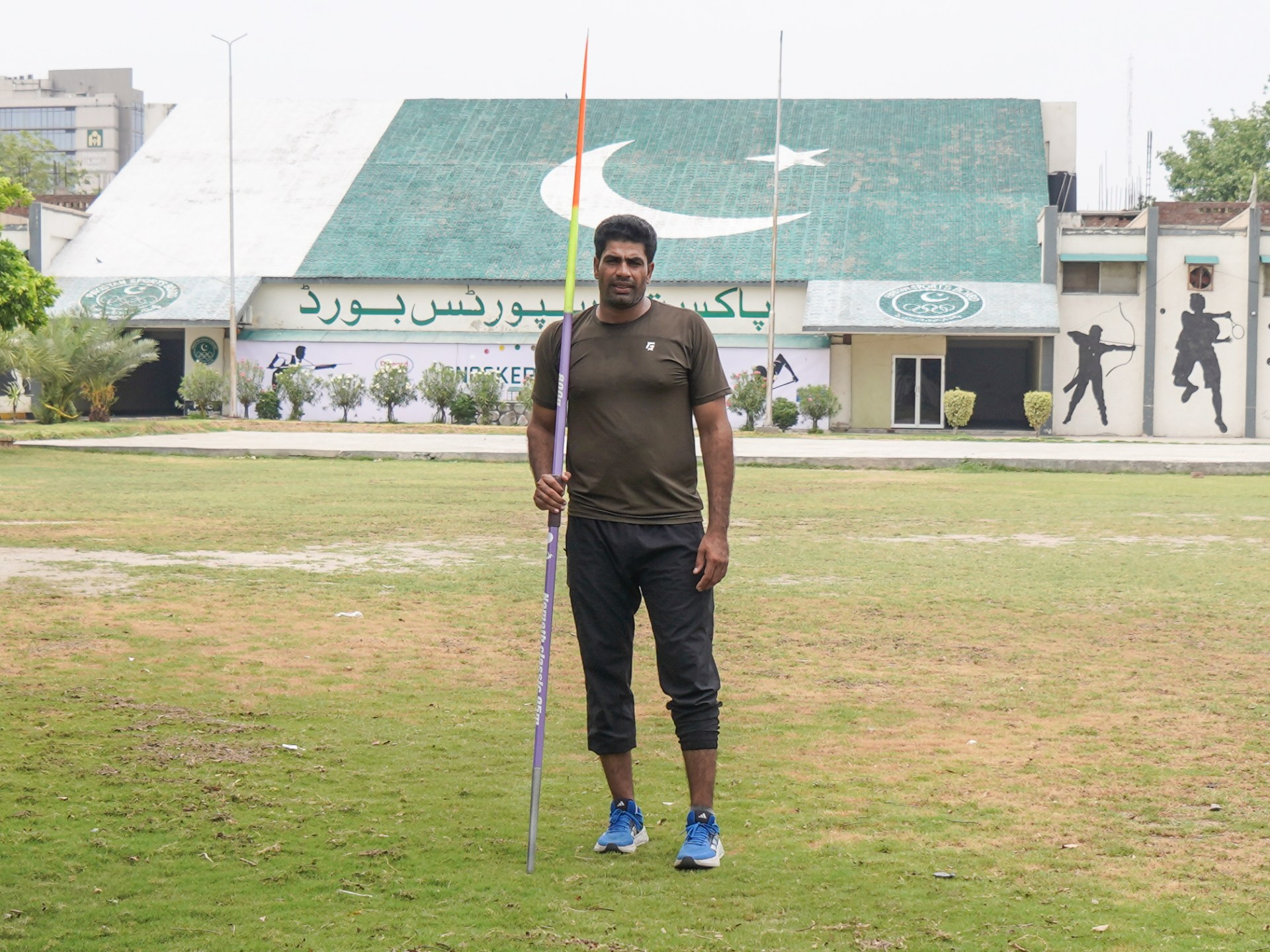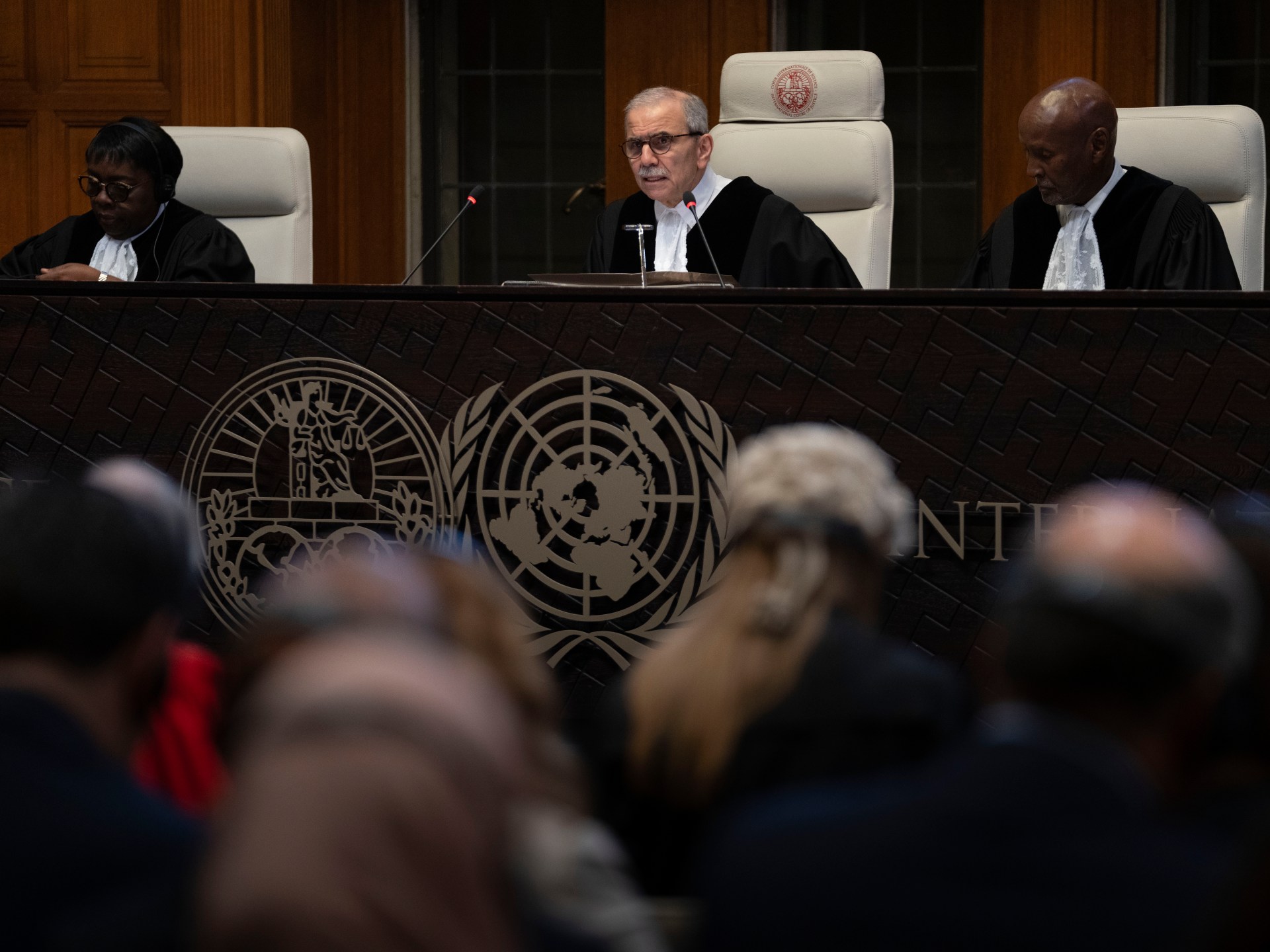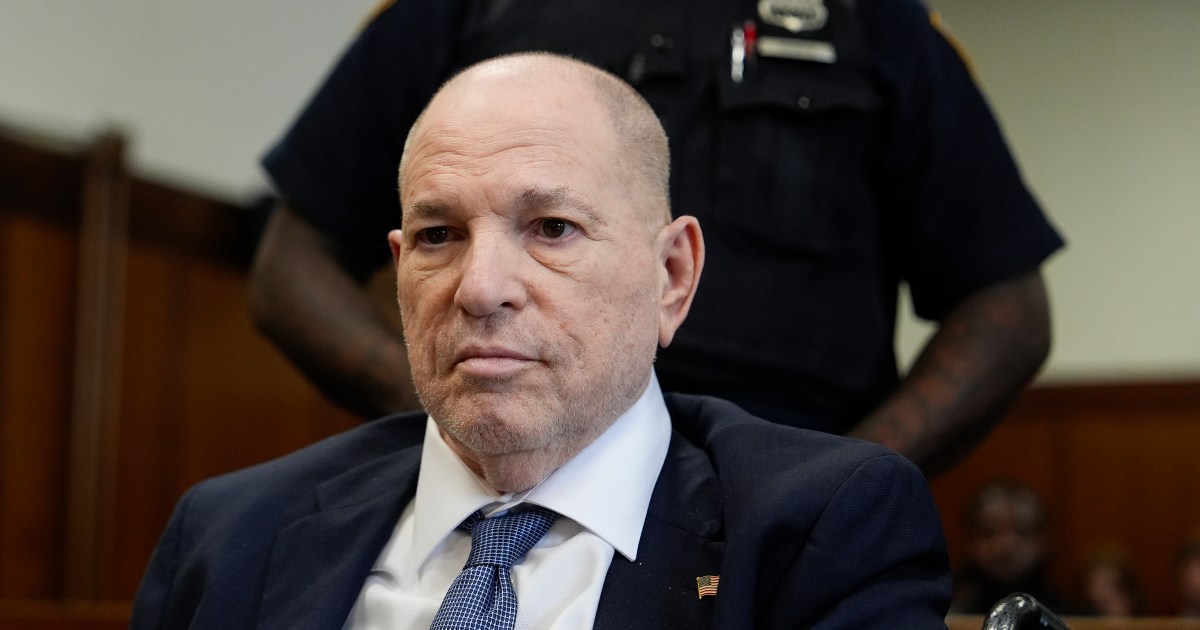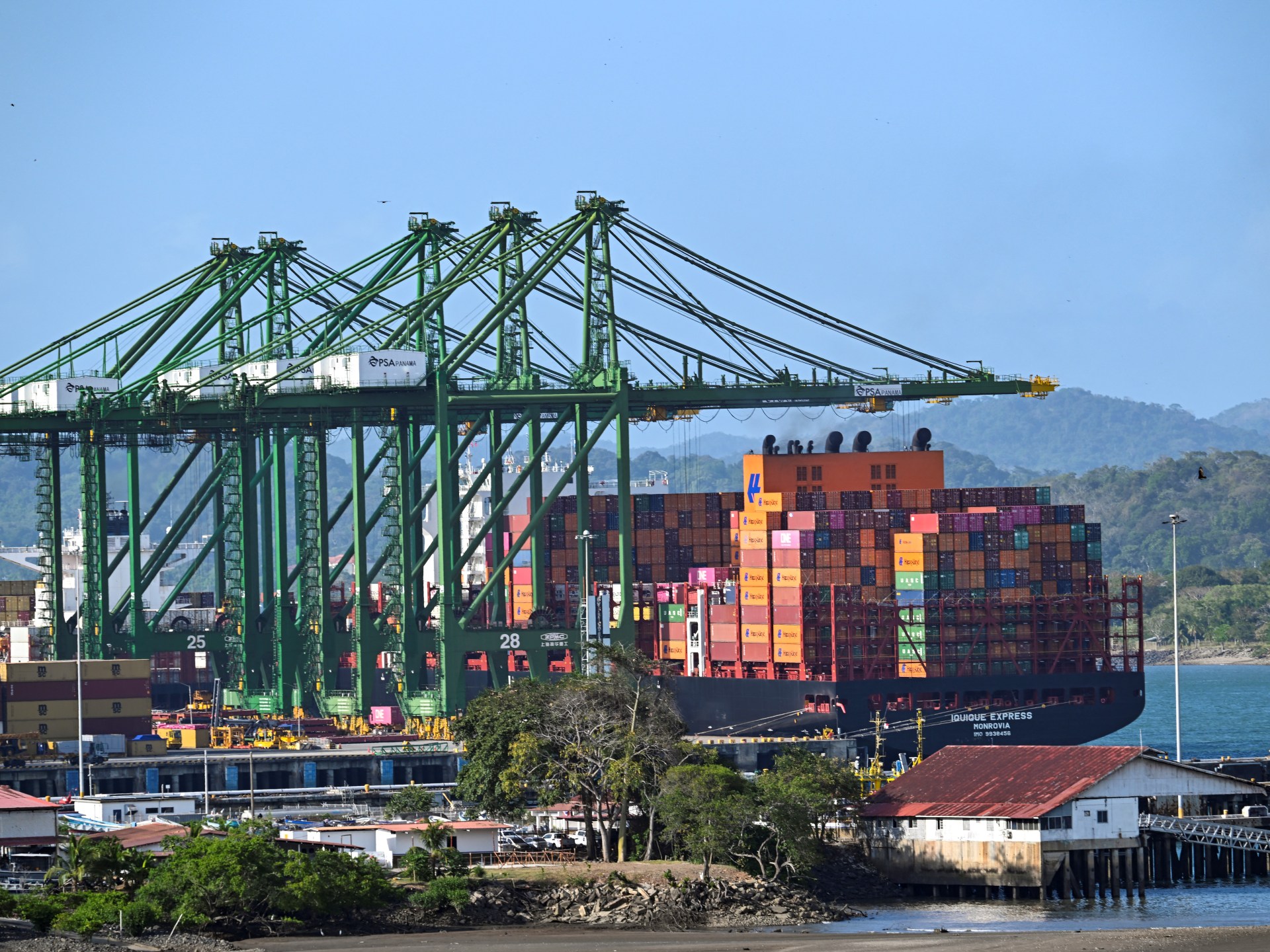On May 12, Alexander's apartment shook and his window shattered when his city, Belgorod, in the Russian region bordering Ukraine, came under attack.
“The neighbouring building was badly damaged and two or three buildings along the roof collapsed,” said the 31-year-old IT worker.
He called his landlady to tell her about the damage to the apartment, but she did not answer. The roof of the building had collapsed during the robbery.
“A lot of boys from neighbouring buildings ran to search through the rubble,” he said. “She died. The roof had also collapsed and the volunteers thought that everyone must have died, but they managed to save some people even after that.”
In total, 15 people died and 16 were rescued from the rubble.
Belgorod, the capital of the eponymous region, occupies a strategic place in the current conflict between Russia and Ukraine.
Just 40 kilometers from the Ukrainian border, Belgorod served as a base for the Russian invasion since February 2022, making it a target for Ukrainian counterattacks. According to residents, it has been repeatedly shelled by artillery bombardment and drone attacks that have increased in intensity.
“I saw and heard the shelling of Belgorod from the beginning of the war,” said Yuliya*, a 21-year-old journalist who asked to remain anonymous.
“It was impossible not to hear it, it touched everyone in the city. Nowhere is safe. Even the city center, where there is nothing [bad] “Nothing like this had ever happened before and it was full of police, government officials, they should be protecting this area, right? Well, it turns out that's not true.”
There is no doubt that Ukrainian civilians have suffered the most in the current war, with tens of thousands killed and cities like Mariupol completely devastated.
According to the Russian governor of Belgorod, Vyacheslav Gladkov, more than 200 inhabitants of the region have died as a result of hostilities since 2022. In addition, more than a thousand people have been injured, including dozens of children, some of whom have suffered amputations, he added.
The deadliest incident occurred on 30 December 2023, when a rocket barrage hit the city during New Year celebrations. Among the 25 people killed were five children.
“Unfortunately, this has become the reality of every person living here,” said political scientist Margarita Lisnichaya, a native of Belgorod who says she supports President Vladimir Putin.
“On July 11, an explosive device was deliberately thrown into the courtyard of an apartment building. It was not soldiers who were sitting in the playground, but five children, one of whom was only eight years old,” he added.
Several children were reported to have been injured in the attack.
Lisnichaya said firefighting efforts were made more difficult because emergency response teams themselves were repeatedly targeted, and accused the Ukrainian military of deliberately firing on civilians.
Ukraine denies attacking civilians.
A report cited by the Washington Post, purportedly leaked by Ukrainian intelligence, claims that in the 12 months to April 2024, Russian warplanes accidentally dropped 38 bombs on the Belgorod region, resulting in dozens of deaths.
Pavel Luzin, an expert on Russian military affairs at the Fletcher School at Tufts University in Massachusetts, does not believe the civilian casualties were intentional.
“The attacks are damaging Russia's logistics and economic activity and demoralising the Russian population, which has largely been in favour of the war,” he told Al Jazeera.
“They have weakened Russia’s military capability: Russia needs to expend its limited military resources to counter Ukraine’s attacks in the region. I think Ukraine will inevitably increase the number and depth of attacks because it is necessary to defeat Russia and, consequently, eliminate the Russian threat to Ukraine and to Europe.”
A national cause
The situation in Belgorod has attracted national attention.
A grocery delivery service called Samokat has launched a feature that allows users anywhere in Russia to buy food, hygiene products and baby products for Belgorod residents left homeless by the bombing.
In May, Putin declared an operation to create a buffer zone in the Kharkiv region of northeastern Ukraine to protect Belgorod from counterattacks.
The ensuing Russian offensive took advantage of Ukraine's shortage of personnel and ammunition, although by July Russian forces had still not fully secured the area and Ukrainian attacks continued.
Governor Gladkov announced that 14 border villages would be off-limits from the end of July, effectively creating a buffer zone in Russian territory.
“In spring, Belgorod was buried under thousands of tulips, which people came to see from all over Russia,” Lisnichaya added.
“The reality today is constant danger. In crowded places, at bus stops, on beaches, in parks, etc., concrete shelters are set up everywhere. There were days when missile warning sirens sounded ten times a day.”
Some 2,500 residents of areas along the fire line have been evacuated and relocated elsewhere in the Belgorod region or in western Russia, and some children have been sent to summer camps.
Many Belgorod residents also left, especially parents of small children.
'The bombing became so intense'
In May, the US allowed kyiv to use its weapons, including artillery and long-range missiles from the Army Tactical Missile System (ATACMS), to strike inside Russia.
The Ukrainian military says it has begun attacking military targets, including weapons depots and air and naval facilities. The deployment of kyiv's new missile systems would also have forced the Russians to move their own S-300 missiles out of range of Kharkiv.
Intentionally or not, civilians have suffered in the crossfire.
In June, an attack using US-supplied ATACMS missiles on the Crimean peninsula, under Russian control since 2014, killed five people, including three children.
The images showed terrified bathers fleeing in panic. Moscow blamed Washington for the attack, saying American specialists coordinated the attack using data from spy satellites.
During a trip to Washington in early July, Ukrainian President Volodymyr Zelenskyy urged his counterpart Joe Biden to allow his forces to strike deeper into Russian territory, after the UK earlier gave the green light to Ukraine's use of its Storm Shadow missiles.
“In the beginning, before the bombing became so intense, everything could be resolved in one or two days,” Alexander said.
“The bombing ended, the municipal authorities arrived, cleaned everything up and put in new windows. But now the consequences are more serious and they are beginning to be overwhelmed.”
For some affected residents, living under fire has prompted calls for peace.
“I think people have started to talk more about peace, about all this ending,” he said.
“Of course, people have different positions when it comes to war, so we can’t say that everyone has become a pacifist. They have started to talk more about peace, but everyone sees this in their own terms.”
“Those who stayed, who are a significant part of the region’s population, joined together,” Lisnichaya added.
“People know that temporary difficulties will pass, that together we can overcome everything. This environment only hardened people, made them even stronger and more tenacious. They do not need revenge: they believe in the truth and the strength of the Russian soldier and they know that he will win.”
And yet, life in the city goes on.
“During the summer we had really wonderful weather, the park was full, there were still many international students sitting by the river and there was a piano,” Alexander recalled.
“The air raid siren started to sound and a girl continued to play the piano as if nothing was happening. She was so fascinated by the music that she didn’t even care about the alarm.”
But not everyone is able to move on with their lives as if it were normal.
“Yes, I am afraid that this will continue, and the more it happens, the scarier it becomes,” Yuliya confessed.
“I think I might have symptoms of PTSD, because even when there is no bombing and no one is hurt, I am scared to leave the house. I fear for my life and my heart starts to pound.”

